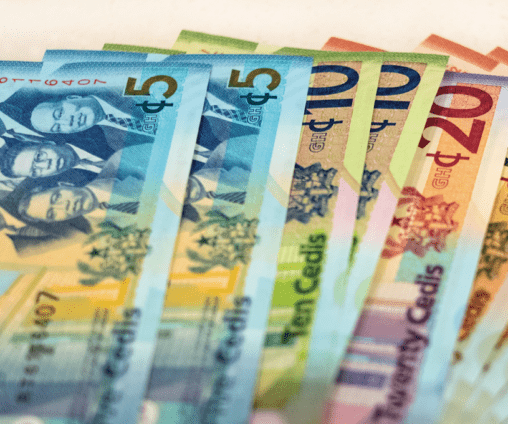The outlook of the Ghana cedi now hinges on the timing of the anticipated foreign exchange inflows from the cocoa syndication loan and the second tranche of the International Monetary Fund.
According to GCB Capital, this is crucial to the stability of the cedi for the rest of the year.
For the remainder of quarter 4, 2023, many analysts and market watchers believe the inflows of the cocoa syndication loan and the second tranche of the International Monetary Fund bailout package will influence the performance of the cedi.
Ghana Cocoa Board (COCOBOD) is yet to close the 2023/24 annual cocoa loan syndication of $800 million. The country is also awaiting a $600 million inflow from the IMF and other disbursements from the World Bank.
GCB Capital said, “We believe the delayed closure, possibly due to unfavourable pricing, partly underscores the thinning foreign exchange liquidity conditions on the market”.
Others believe that the cedi’s performance for the rest of 2023 is based on foreign inflows that come in around this time of the year.
The cedi last week remained broadly stable against the US dollar, moving within a predictable range on both the interbank and retail market segments.
This was after rating agency, Fitch Ratings, upgraded Ghana’s rating to ‘CCC’ from restrictive default.
The local unit remained fairly stable (-0.08%) week-on-week vs the US dollar in the retail market, starting the week’s trades at a mid-rate of 12.00/$ to close at 12.01/$.
Although the Bank of Ghana provided some foreign exchange support, the unit weakened 0.34% week-on-week against the pound but remained unchanged against the euro on the retail market.
Likewise, the local currency depreciated by 0.33% against the dollar, 1.68% against the pound, and 2.18% against the euro in the interbank market on a week-on-week basis
Meanwhile, the cedi has lost about 11.7% against the dollar in the retail market since January 1, 2023 and about 22% on the interbank market.








